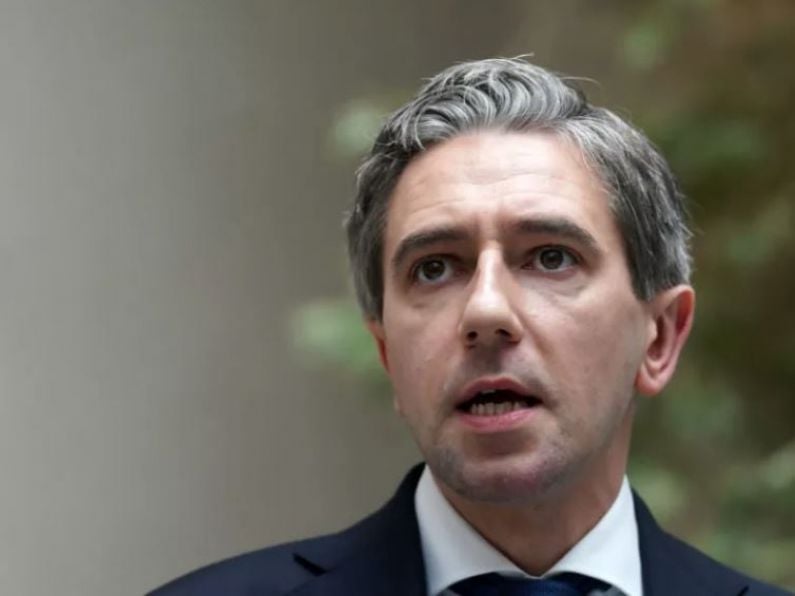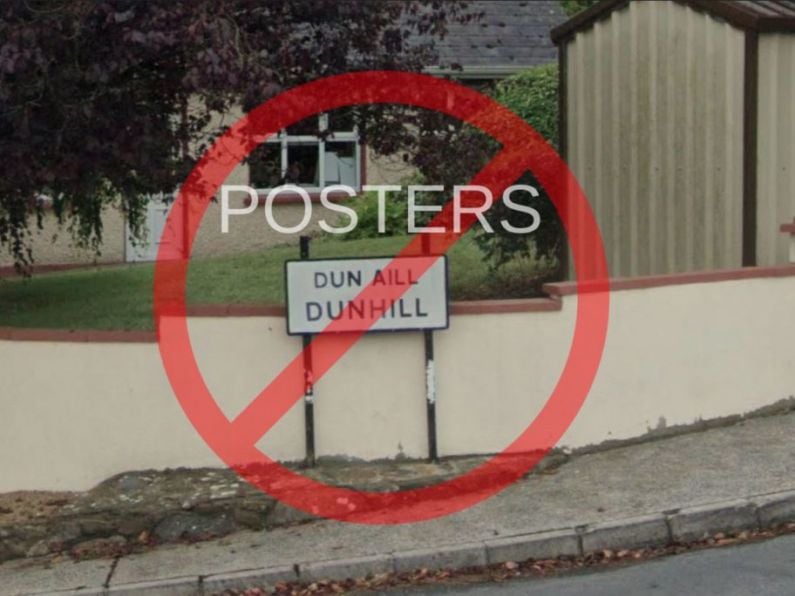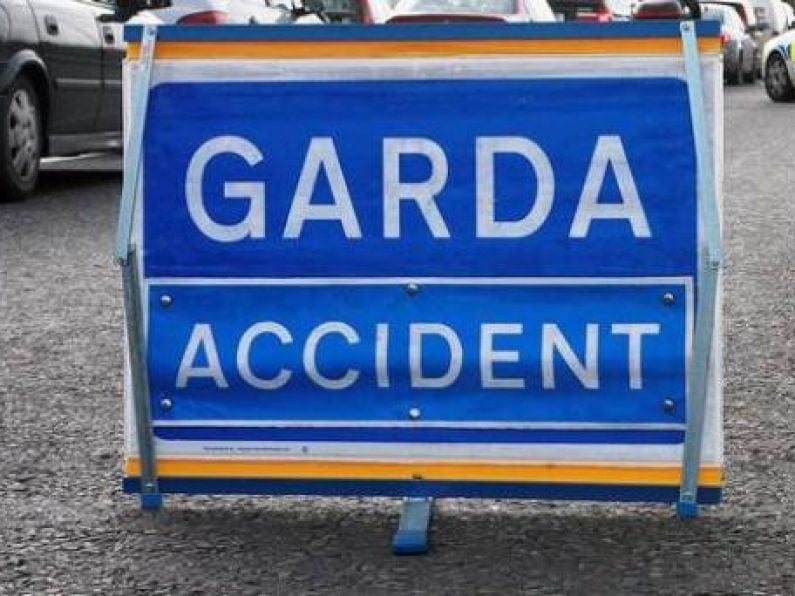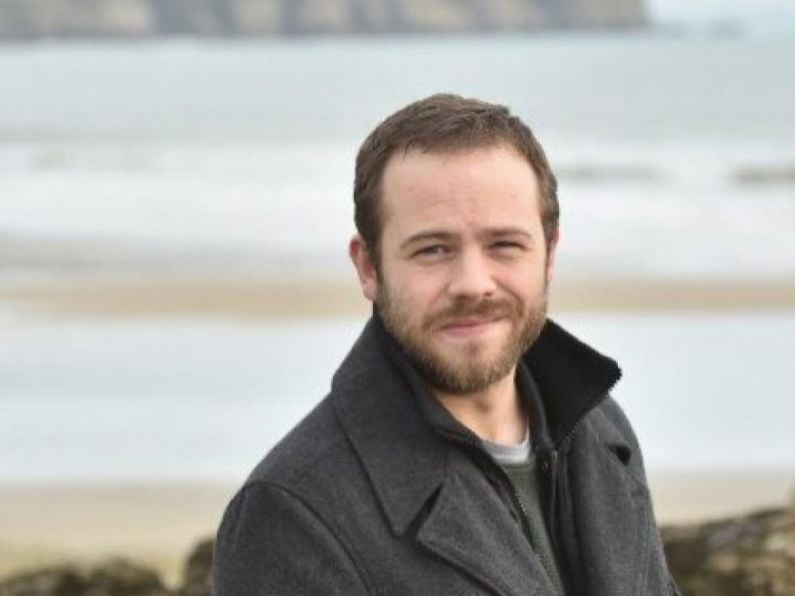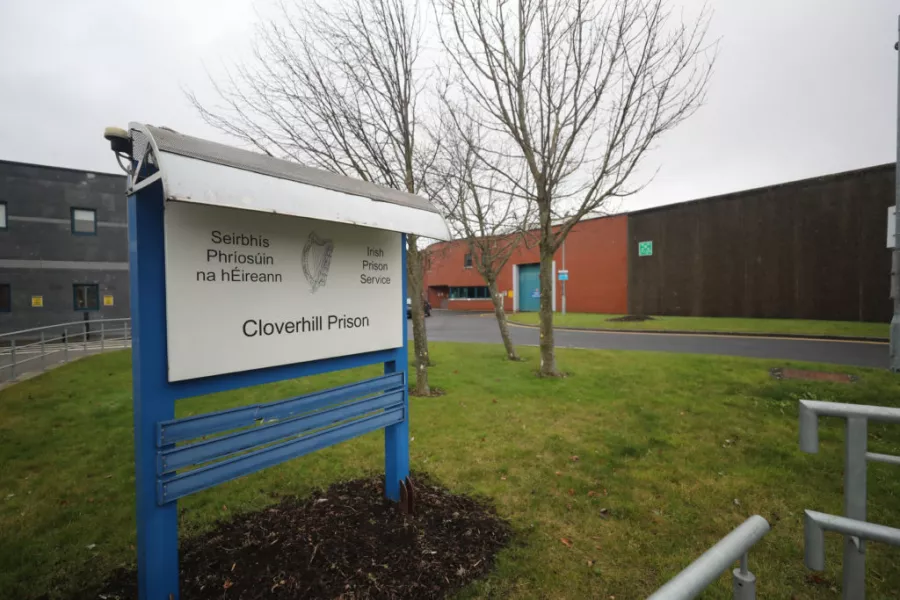
Eoin Reynolds
A mentally ill man awaiting trial for allegedly stabbing a man to death should be released until he can be treated at the Central Mental Hospital, his lawyers have told the Court of Appeal.
Consultant psychiatrist Dr Conor O'Neill has said that the only appropriate place to treat Sean Murphy (26) is at the Central Mental Hospital (CMH) but due to a shortage of beds he is being held in Cloverhill Prison.
The three-judge court today heard that Mr Murphy is refusing to take antipsychotic medication and his condition is deteriorating. If admitted to the CMH doctors could administer medication without his permission, the court heard.
Personal liberty
An earlier application to have Mr Murphy released was rejected by the High Court.
Mr Murphy of Bradog Court, St Lawrence Road, Clontarf was charged in August last year with the murder of 35-year-old Michael Olohan at Bradog Court, a hostel, on August 13th, 2020. Michael O'Higgins SC, for Mr Murphy, said today his client's detention is a breach of his rights under Article 40 of the Constitution. Article 40 states: "No citizen shall be deprived of his personal liberty save in accordance with law."
Mr O'Higgins said that his client has a history of psychiatric problems and on arrival at Cloverhill was immediately identified as requiring treatment in the CMH.
He said Dr O'Neill is "unequivocal that the only place he can receive proper treatment is in the Central Mental Hospital." Counsel said this is the "baseline" treatment his client is entitled to and if it can't be provided the court must decide whether the State has the right to detain Mr Murphy.
Obligation
Mr O'Higgins said that when a prison admits a prisoner, "there is an obligation that they dispense the care to which the person is entitled and if, through no fault of their own, they are not in a position to give that care, this court or a High Court has a supervisory role."
He said the hospital cannot "conjure beds that don't exist" and he is therefore not asking the court for an injunction compelling the hospital to make a bed available.
But, he added: "That does not mean that Mr Murphy is left without remedy. He is entitled to come to court and say, 'this is my due and my entitlement and the State is not making good on that entitlement'."
Mr O'Higgins said his client is "actively psychotic" and meets the criteria for a mental disorder under the Mental Health Act. He has been on the waiting list for an extended period and requires inpatient treatment which, Mr O'Higgins said, cannot be provided in a prison setting.
Mr O'Higgins submitted that the appropriate interpretation of the law is, "you can't put people in prison and not provide treatment. If they can't provide treatment they lose the right to keep him in custody."
There is, Mr O'Higgins said, a "fundamental defect in his detention" and he should be released.
'Egregious' detention
Anne-Marie Lawlor SC for the governor of Cloverhill Prison said that Justice Niamh Hyland had considered whether Mr Murphy's detention was an "egregious" breach of his rights and decided that he is better off in prison than in the community.
Barry O'Donnell SC for the Central Mental Hospital said Ms Justice Hyland's decision should be affirmed. He said the hospital accepts that Mr Murphy needs treatment and should be admitted. Capacity in the CMH has been impacted by Covid-19, he said, and there are now 84 beds available for male patients.
Ten of those have been sectioned off as an infirmary as part of the response to Covid-19 and an outbreak would lead to greater restrictions.
All patients have had their first vaccination doses and will receive their second in June, he said. There are also a number of new beds to be made available at Portrane in north Dublin this summer, but it is unclear how many will be available for men in Mr Murphy's position.
Mr O'Donnell accepted that Mr Murphy has not taken his antipsychotic medication for "some weeks" and his situation is deteriorating. However, he said this case does not reach the required standard of an "egregious" breach of Mr Murphy's rights.
No evidence of imminent threat
He said there is no evidence of imminent threat to Mr Murphy or that the failure to admit him to the CMH is "so egregious as to warrant his immediate release."
He said the treatment he is getting in prison is better than what he would get if released. If he were released, counsel said, it is unlikely any community centres would take him.
He added: "His immediate needs are being catered for, albeit he would be better off in the Central Mental Hospital. There is no immediate threat to his life or mental health."
Mr O'Higgins responded that the deterioration in his client is already clear and "the trajectory is downward." He concluded: "You don’t have to wait for catastrophe to say the point has been reached to vitiate the detention."
President of the Court of Appeal Mr Justice George Birmingham, sitting with Ms Justice Isobel Kennedy and Mr Justice Patrick McCarthy, will deliver judgement next Thursday April 1 st.







